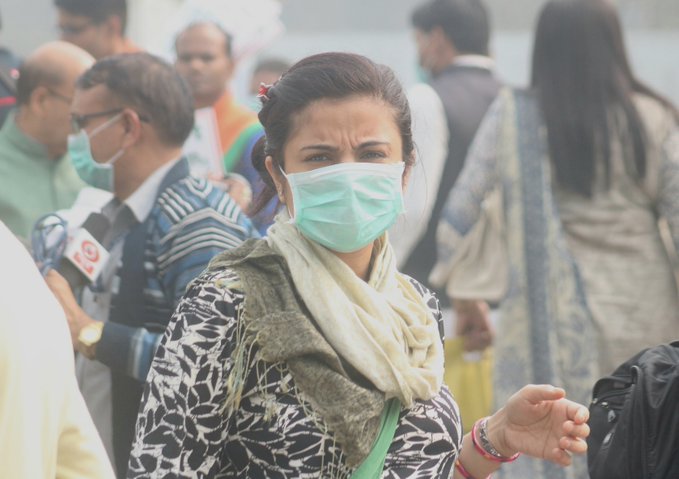Madrid–The escalating consequences of climate change are now hitting both rich and poor countries, a report published on Wednesday said. India was ranked fifth vulnerable globally.
The Climate Risk Index 2020, an annual report by Germanwatch, ranks countries according to their vulnerability to extreme weather events.
It was released in the Spanish capital on the sidelines of the 25th Conference of the Parties to the United Nations Framework Convention on Climate Change (UNFCCC) or COP25 that is being held in the backdrop of climate impact biting globally.
According to the report, India has also been badly affected, ranking fifth in the overall global vulnerability index in 2018, ranked first in terms of fatalities and second in the world in terms of losses in millions of dollars.
India’s overall ranking has drastically fallen from 14th in 2017, to fifth in 2018.
The report shows that extreme weather, linked with climate change, is affecting not only the poorer countries like Myanmar and Haiti, but also some of the world’s richest countries.
Japan is the worst-hit country in 2018, while Germany and Canada were both also in the ‘bottom 10’ i.e. the most affected.
The results reflect the increasing damage caused by heatwaves, which scientists have found are being worsened by climate change.
To explain this drastic fall in ranking in a year, David Eckstein, Policy Advisor (Climate Finance and Investment) with Germanwatch said: “India’s high rank is due to severe rainfall, followed by heavy flooding and landslides that killed over 1,000 people.”
The state of Kerala was especially impacted. The floods were described as the worst in the last 100 years.
According to Eckstein, India was struck by two cyclones in October and November 2018 that also nearly killed 1,000 people. Last but not least, India also suffered from extreme heat. While the human death toll was kept considerably low due to public measures, the economic damage was quite severe.
Other countries ranking in the bottom 20 in the overall climate risk categories are the US at 12th, Vietnam at sixth, Bangladesh at seventh and France at 15th.
The report also points to the importance of negotiations at COP25. As climate impacts begin to result in permanent loss and damage across the world, there is still no specific UN climate finance facility to reimburse the loss of land, culture and human lives.
So far, the industrialised countries have refused to even negotiate it.
But at COP25, for the first time, financial support for climate-related loss and damage is high on the agenda.
For the poorest and most vulnerable countries, this climate summit is, therefore, of the utmost importance. They demand that states agree a deal to support those who are suffering, or at least acknowledge the necessity, with a pathway towards real help.
Otherwise the poorest countries will continue to rely on loans to cope with the consequences of climate change, which means they are threatened with excessive debts, undermining often already vulnerable economies.
In the talks that will last till December 13, India has been ambitious in its actions.
It has emphasised that developed countries should take the lead in undertaking ambitious actions and fulfil their climate finance commitments of mobilising $100 billion per annum by 2020 and progressively and substantially scale up their financial support to inform parties for future action through Nationally Determined Contributions (NDCs).
India is also stressing upon the need for fulfilling the pre-2020 commitments by developed countries, and that pre-2020 implementation gaps should not present an additional burden to developing countries in the post-2020 period.
The Indian delegation will be led by Environment Minister Prakash Javadekar, who is attending the summit from December 9. (IANS)














